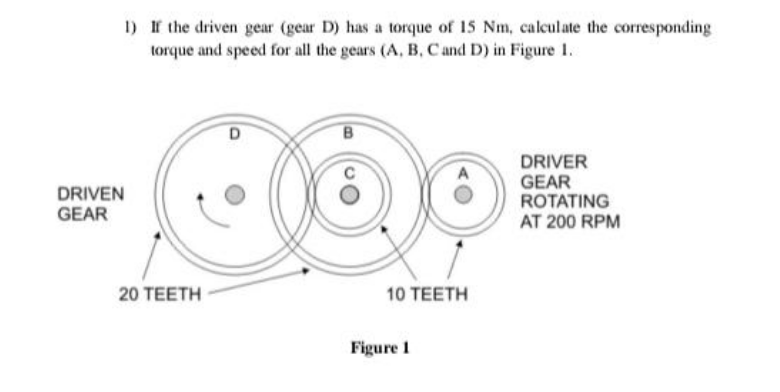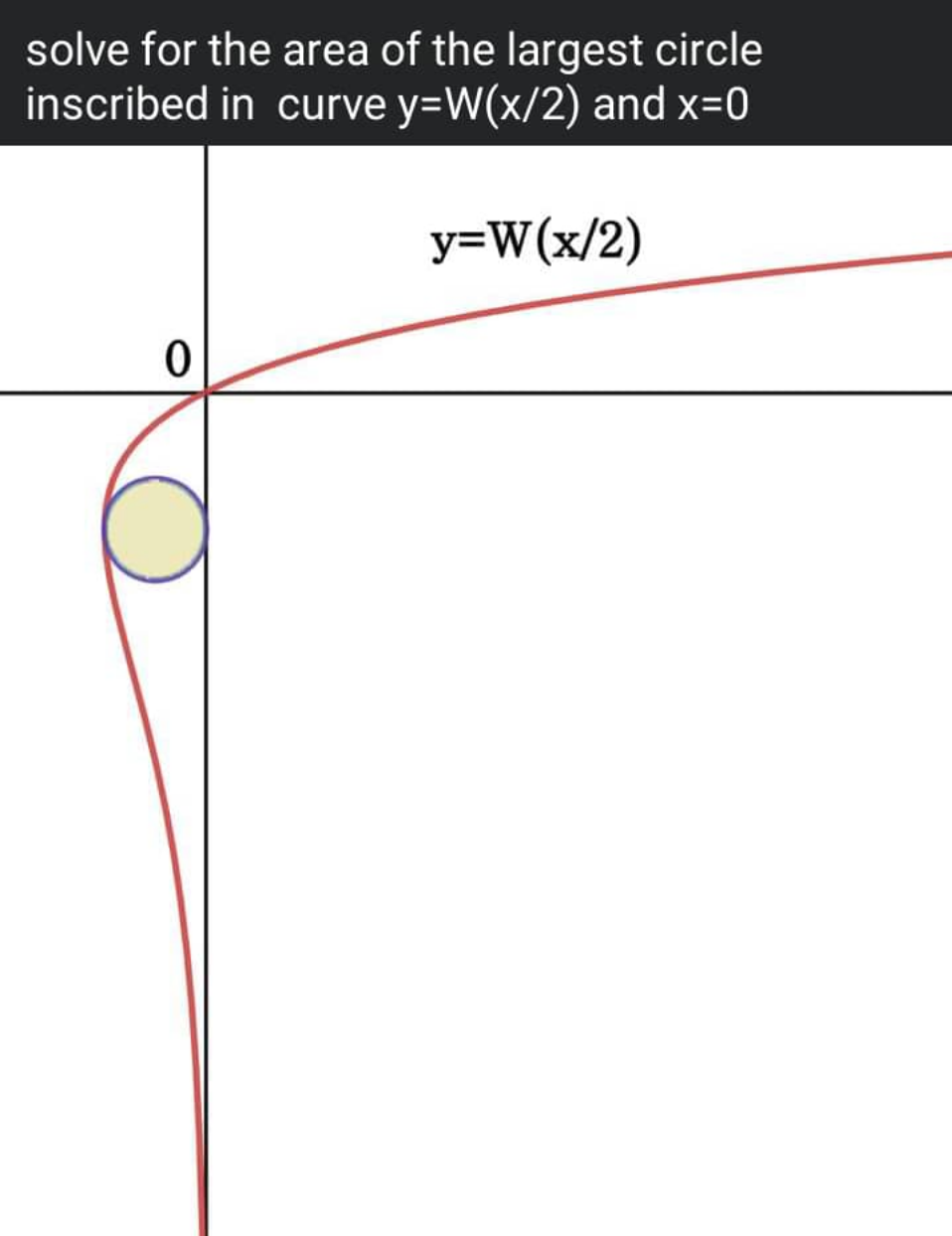
AllQuestion and Answers: Page 577
Question Number 162240 Answers: 1 Comments: 0
Question Number 162238 Answers: 1 Comments: 0
Question Number 162234 Answers: 0 Comments: 0
Question Number 162229 Answers: 1 Comments: 0

Question Number 162287 Answers: 0 Comments: 4
Question Number 162219 Answers: 2 Comments: 0
Question Number 162209 Answers: 1 Comments: 2

Question Number 162190 Answers: 1 Comments: 0
Question Number 162189 Answers: 1 Comments: 2
Question Number 162187 Answers: 0 Comments: 1
Question Number 162183 Answers: 1 Comments: 0

Question Number 162182 Answers: 1 Comments: 0
Question Number 162181 Answers: 1 Comments: 1
Question Number 162177 Answers: 1 Comments: 0
Question Number 162174 Answers: 0 Comments: 1
Question Number 162171 Answers: 0 Comments: 0

Question Number 162169 Answers: 2 Comments: 0
Question Number 162168 Answers: 0 Comments: 0
Question Number 162151 Answers: 1 Comments: 0

Question Number 162116 Answers: 2 Comments: 0
Question Number 162112 Answers: 1 Comments: 0
Question Number 162109 Answers: 1 Comments: 0

Question Number 162103 Answers: 1 Comments: 0
Question Number 162102 Answers: 0 Comments: 2
Question Number 162100 Answers: 1 Comments: 1

Question Number 162099 Answers: 0 Comments: 0
Pg 572 Pg 573 Pg 574 Pg 575 Pg 576 Pg 577 Pg 578 Pg 579 Pg 580 Pg 581
